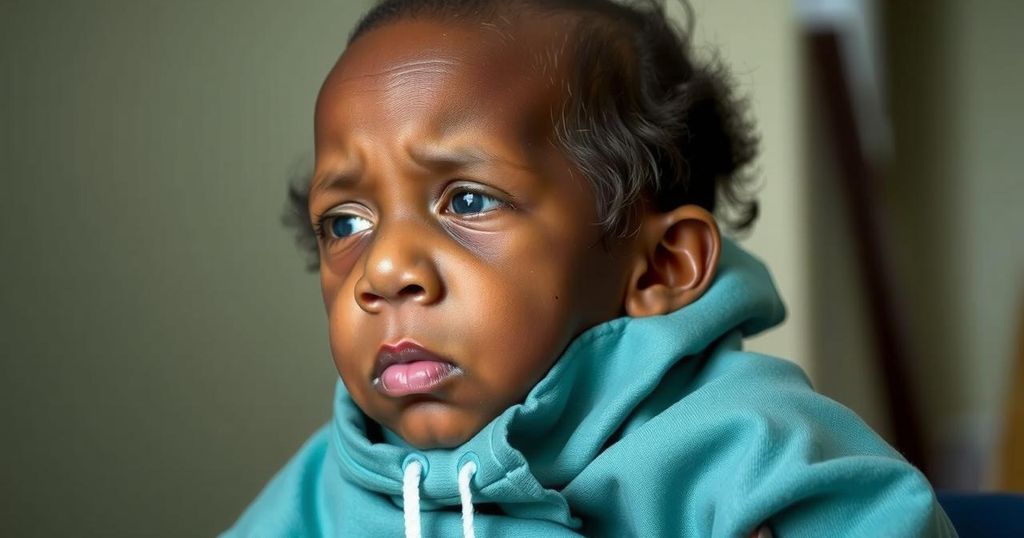Outbreak of Unidentified Illness in DRC: Impact and Investigations

An unidentified disease outbreak in the DRC since mid-November has claimed between 30 and 143 lives, primarily affecting children. Symptoms include fever and respiration issues. The WHO is involved in testing and investigating causes while local health officials report varying death totals. Global health authorities are responding with increased monitoring and screenings, reflecting the concern regarding potential health risks.
A concerning outbreak of an unidentified illness in the Democratic Republic of Congo (DRC) has resulted in significant fatalities, with figures ranging from 30 to as high as 143 deaths since mid-November. The majority of the reports stem from Panzi in Kwango province. Symptoms observed among patients include fever, headaches, respiratory issues, and anemia. The World Health Organization (WHO) is actively engaged in investigating these cases alongside local health authorities, awaiting laboratory results to determine the cause of this sickness.
Health officials have articulated differing statistics regarding the number of deaths, with the WHO confirming 30 fatalities from 394 reported cases, whereas local health authorities cite official counts that suggest the toll could exceed 79 or even reach 143. Notably, about 63% of the patients are children under 15, highlighting the vulnerability of this population.
Current investigations are underway to ascertain the disease’s nature, with health teams examining possible infectious agents such as flu, COVID-19, malaria, and measles in the context of prevailing nutritional challenges and malnutrition affecting the area. The WHO is dispatching international disease experts to support these efforts, reflecting the complexity of the health crisis compounded by regional instability and adverse weather conditions.
In light of this outbreak, global health authorities are remaining vigilant, implementing screenings at international airports and monitoring similar cases in other regions. Experts underscore the necessity for a cautious approach, emphasizing the unpredictability surrounding such health crises and the importance of withholding premature conclusions about potential broader implications.
This outbreak exemplifies the multifaceted challenges confronting healthcare systems in vulnerable regions globally, where endemic issues can exacerbate new diseases, emphasizing the imperative of robust surveillance and response mechanisms.
The Democratic Republic of Congo (DRC) has experienced devastating health crises in recent years, characterized by outbreaks that affect particularly vulnerable populations in remote areas. The current outbreak of an unidentified illness in the Kwango province presents a significant public health concern, emphasizing the need for thorough investigations to understand its cause and implications. The DRC’s health system faces ongoing challenges such as malnutrition, limited access to healthcare, and the impact of regional conflicts, making effective responses critical in managing public health emergencies. This particular incident underscores the importance of international cooperation and the support of organizations like the WHO in addressing health threats in such complex environments.
In conclusion, the outbreak of an undiagnosed illness in the Democratic Republic of Congo has raised significant public health concerns, particularly due to its impact on children and the reported fatalities. Different health organizations are engaged in research to ascertain the cause and develop appropriate responses. With ongoing investigations and the coordination of international health experts, there is hope for identifying the source of the illness and mitigating its spread. However, the situation remains fluid, necessitating continuous monitoring and vigilance from health officials.
Original Source: www.newsweek.com








